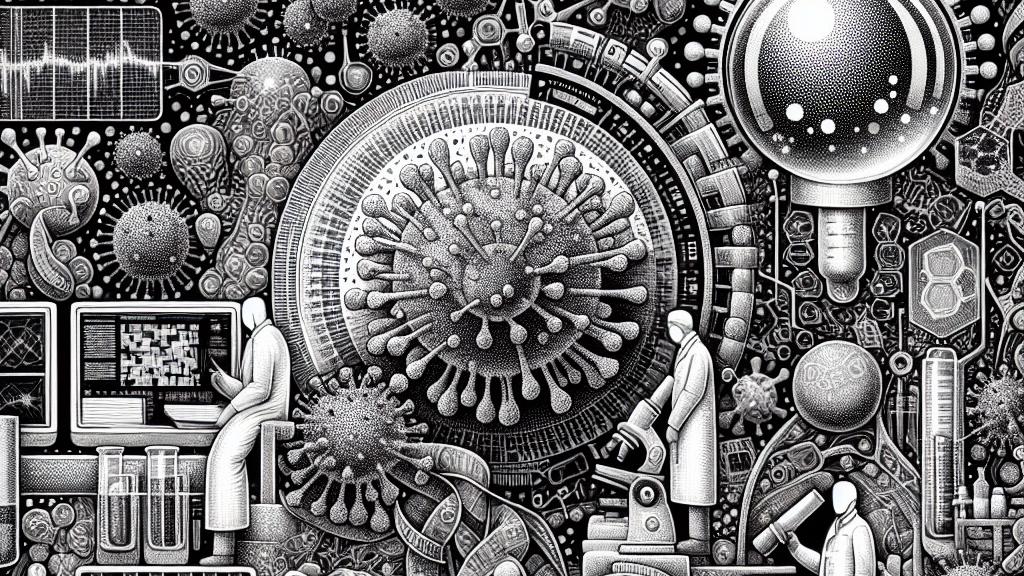How AI is Helping Scientists Understand Virus Changes
Overview
- AI models revolutionize the prediction of viral mutations and evolution.
- Extensive genomic data, particularly from SARS-CoV-2, enhances predictive accuracy.
- Proactive variant predictions facilitate the development of highly effective vaccines and antiviral treatments.

The Transformative Impact of AI on Viral Research
Imagine if scientists could peer into the future and predict how viruses would evolve before they cause outbreaks. Thanks to artificial intelligence (AI), this isn't just a fantasy — it’s becoming a reality! Researchers across the globe are leveraging AI to sift through mountains of genetic data related to viruses like SARS-CoV-2 and influenza. For instance, AI algorithms can analyze thousands of genetic sequences, spotting critical patterns that reveal potential mutations. This predictive power is invaluable, as it allows for timely updates to vaccines and treatments, potentially safeguarding millions from new viral threats. It's a bit like having a game plan mapped out ahead of time — a true game-changer in public health!
Unlocking Insights through Massive Genetic Sequencing
One of the most exciting aspects of this work lies in the vast amount of genetic data available to scientists today. Nearly 17 million SARS-CoV-2 genomes have been sequenced, creating a rich tapestry of information that researchers can draw upon. Take, for example, the CoVFit model: it analyzes the nuances of viral spike protein mutations to predict how effectively the virus can evade immune responses. By understanding these mutations, scientists can anticipate the virus's behavior and craft vaccines that are not only reactive but also proactive. This empowers both researchers and public health officials to stay one step ahead in the ongoing battle against viral diseases.
Real-World Applications and Their Significant Public Health Implications
The practical implications of AI-driven research are profound and far-reaching. Using sophisticated tools like EVEscape, scientists can simulate various future scenarios involving viral mutations. This enables them to devise strategies to counteract these potential variants before they become a problem. For instance, if a hypothetical variant appears resistant to existing vaccines, innovative research could lead to the rapid development of modified vaccines. Such an approach not only heightens our preparedness for future pandemics but also reassures communities that swift action can be taken when needed. This is more than just scientific exploration — it’s about protecting lives and ensuring a healthier future for all!

Loading...